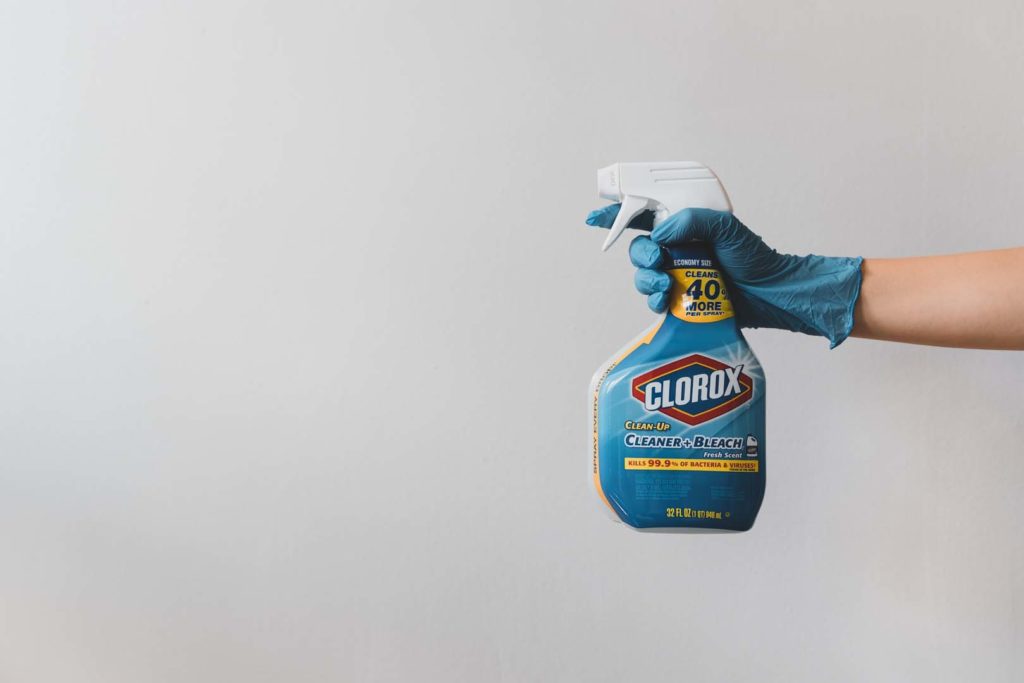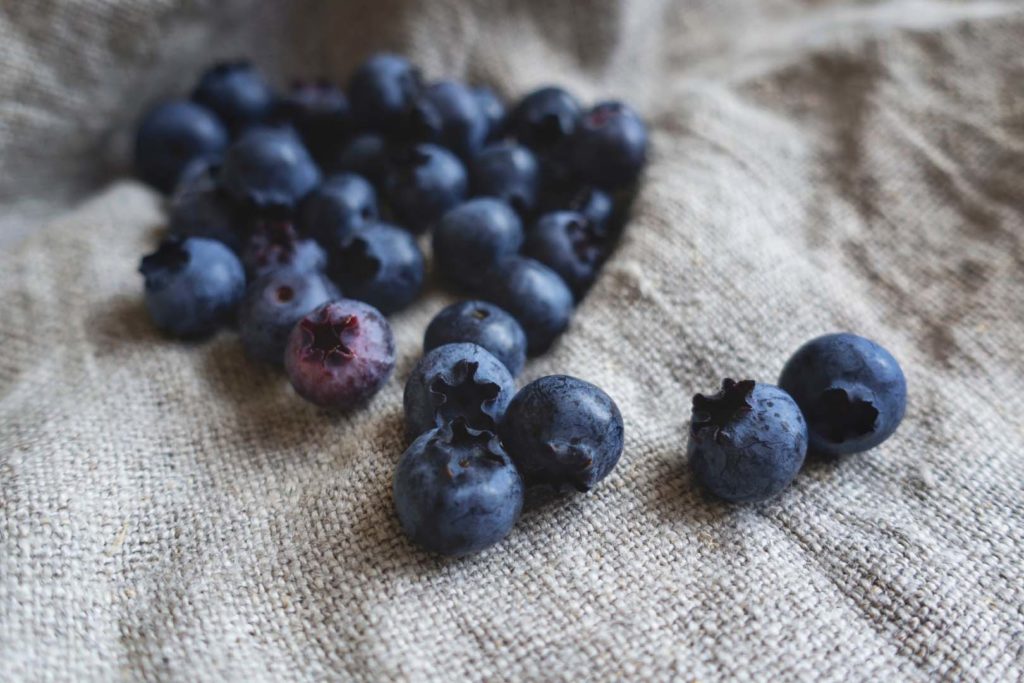No one should ever consume any substances that have been exposed to chlorine or chlorine bleach, nor use paper products that have been bleached.
White, refined sugar is bleached with Chlorine Bleach, a substance that many people are sensitive to (noting that Chlorine is a poison). Chlorine, when it combines with organic compounds, can convert to Dioxins, a family of lethal chemicals.

The body does not know how to handle Dioxins, so stores them in fat, slowly accumulating over time and can reach toxic levels after years. (The estimated elimination half-life for chlorinated dioxins in humans ranges from 4.9 to 13.1 years.) No one should ever consume any substances that have been exposed to chlorine or chlorine bleach, nor use paper products that have been bleached.
Vitamin E: The most abundant fat-soluble antioxidant in the body, is one of the most efficient chain-breaking antioxidants available. Primary defender against oxidation. Primary defender against lipid peroxidation (creation of unstable molecules containing more oxygen than is usual).
You must educate yourself on proper usage and realistic expectations.
Fat Soluble Vitamins: Vitamins that dissolve in dietary and body fat (A, D, E, and K) are metabolized and stored by the body in the same fashion as fats. Because excess fat-soluble vitamins may be stored in the body, several weeks’ supply may be consumed in a single dose or meal.
Water Soluble Vitamins: Vitamins that dissolve in water (C and B-complex) are easily absorbed and released by body tissues. The body cannot store water-soluble vitamins, so a daily supply is needed. Vitamin B-12 is the exception. If enough B-12 has been consumed, the body can store adequate amounts for several months.

Antioxidants are believed to help protect the body from free-radical damage. But before you go out and stock your pantry with mega-doses of these vitamins, be warned: more is not always better.
Vitamin C: The most abundant water-soluble antioxidant in the body, acts primarily in cellular fluid and is essential for energy production in every cell in the body. It is of particular note in combating free-radical formation caused by pollution and cigarette smoke. Also helps return vitamin E to its active form.
Antioxidants are believed to help protect the body from free-radical damage. But before you go out and stock your pantry with mega-doses of these vitamins, be warned: more is not always better. The long-term effect of large doses of these nutrients has not been proven. Other chemicals and substances found in natural sources of antioxidants may also be responsible for the beneficial effects. So for now, the best way to ensure adequate intake of the antioxidant nutrients is through a balanced nutritional program, consisting of 5-8 servings of fruits and vegetables per day.
© Copyright – Hector Sectzer

















